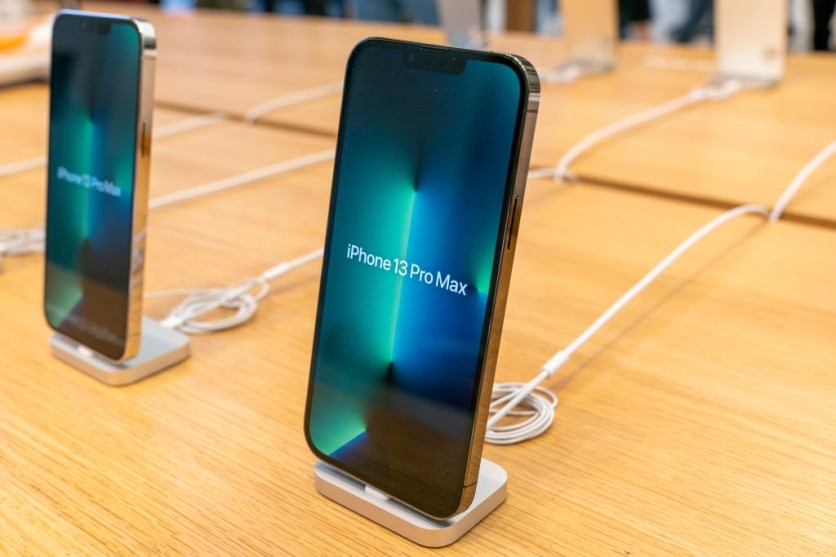Apple Inc. is reportedly testing their future iPhone models that replace the Lightning charging port with the USB-C connector to comply with European Union's (EU) regulation, according to a report by Bloomberg published on Friday.

USB-C in Development
Bloomberg's sources stated that the adapter in the current works would still let future iPhones work with several accessories that have the existing Lightning connector.
This means a Lightning-to-USB-C adapter that will enable the plugging of credit card scanners and flash drives into current iPhones.
However, it is worth noting that the tech giant is unlikely to release this new connector this year, but it could be accessible until 2023. In the meantime, the Lightning connector for their current models will be retained this year.
Apple's iPads and Macs are already dependent on USB-C instead of Lightning. If they enable these iPhones, this means that customers will not be able to use a single charger for all of their Apple devices.
Additionally, most Apple accessories such as - AirPods, the MagSafe battery pack and the Magsafe Duo Charger, and the Apple TV remote - are still relying on Lightning. Third-party accessories like chargers, external microphone, and car adapters are all using the existing connector
Hence, the change could force third-party accessories to redesign their accessories as well.
The company hopes to mitigate these issues with the USB-C adapter in development, but since an anonymous source has only leaked the testing to Bloomberg, it will still be uncertain if Apple will make customers pay extra for the new adapter.
This sudden shift, according to Bloomberg, could possibly minimize Apple's control over the iPhone accessories marketplace. Apple has benefitted from accessory makers paying to use the Lightning connector and undergo a stringent approval process.
Since USB-C is commonly used by most device producers, such as Android, this could spell out less market control for Apple.
Predicted by Kuo
Analyst Ming-Chi Kuo has previously predicted that Apple will likely produce this adapter soon. He also said that it could possibly create confusion among customers since USB-C is larger than Lightning.
But on the brighter side, the new charger can offer quicker charging speeds and data transfers and it will be compatible for non-Apple devices, such as Android phones, tablets, and other gadgets.
Apple has been working with wireless charging with MagSafe introduced in 2020. However, according to Bloomberg, wireless charging is slower for battery recovery and it doesn't sync data with other devices as quickly.
The EU enforced this change last April and the legislated requirement was approved by a majority vote.
Apple said that this move would hurt its innovation, citing reasons that it will slow down the "introduction of beneficial innovations in charging standards" and "safety and energy efficiency."
Once the development is done, USB-C would become the second port change in iPhone's history, which started from the original iPhone in 2007 to the iPhone 4s in 2011.
Related Article : Apple Launches iOS 15.5 | Pay Cash Updates, Weather App Tweaks, and More
This article is owned by Tech Times
Written by Joaquin Victor Tacla
ⓒ 2026 TECHTIMES.com All rights reserved. Do not reproduce without permission.




